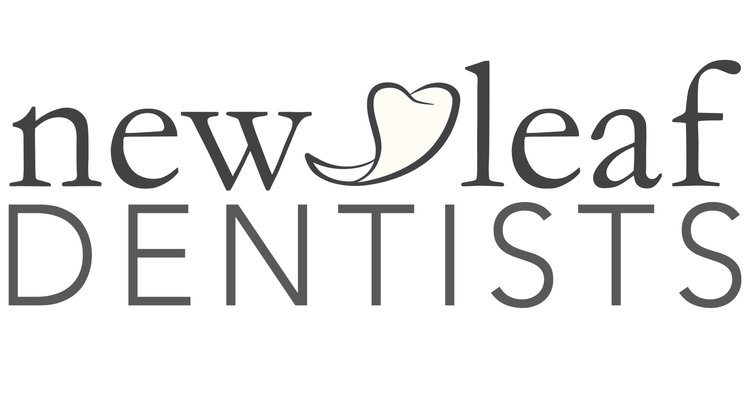Have you ever felt exhausted upon waking up, even after a long sleep? Or maybe your partner or family told you about your loud snoring? These might be the signs of a common condition called sleep apnoea. In this blog, we’ll help you understand sleep apnoea from the root and explore how your dentist can manage it.
Understanding Sleep Apnoea
Sleep apnoea is a common sleep disorder characterised by repeated interruptions in breathing during sleep. These interruptions can lead to a significant reduction in blood oxygen levels and disrupt the sleep cycle. The primary types of sleep apnoea include:
Obstructive Sleep Apnoea (OSA): It is the most common form where the airway becomes partially or completely blocked during sleep. This blockage happens because the muscles in the back of the throat relax too much to allow for normal breathing
Central Sleep Apnoea (CSA): It may occur when the brain fails to send the proper signals to the muscles that control breathing. This type is related to the central nervous system’s function.
Complex Sleep Apnoea Syndrome: This may occur when someone has both obstructive and central sleep apnoea.
How Sleep Apnoea Impacts Health
The consequences of untreated sleep apnoea extend beyond just daytime fatigue. They can have a profound impact on your well-being. Here is how sleep apnoea may impact your health and quality of life.
Cardiovascular Health Sleep apnoea increases the risks of high blood pressure, heart disease and stroke due to the strain on the cardiovascular system from repeated oxygen drops during apnoea episodes.
Mental Health Lack of restful sleep can lead to mood changes, anxiety and depression. Recognising these signs and understanding their possible link to sleep apnoea is important.
Daily Performance Untreated sleep apnoea can lead to impaired concentration, memory problems and an increased risk of accidents, affecting both personal and professional lives.
The Role Dentists Play In Sleep Apnoea Treatment
Screening for Sleep Apnoea: During routine check-ups, dentists can spot the common oral signs of sleep apnoea, such as worn teeth from grinding, a large tongue or a small jaw, that might indicate a higher risk of the condition.
Custom Oral Appliances: Dentists can provide custom-fitted oral appliances designed to keep the airway open during sleep for those with mild to moderate sleep apnoea. These devices can be an effective and comfortable alternative to CPAP machines.
Follow-Up Care: Regular appointments allow dentists to adjust the oral appliance as needed and monitor the treatment’s effectiveness, helping you get the restful sleep you need.
Take The First Step To Overcome Sleep Apnoea: Get In Touch
If you’re struggling with symptoms of sleep apnoea, consider consulting your dentist. With oral appliance therapy and preventative care, you could be on your way to achieving a better night’s sleep. At New Leaf Dentists, we focus on amplifying your sleep quality and overall health using a comprehensive approach to dental care. Our services include custom oral appliances and collaborative treatment plans designed to address sleep apnoea. If you are looking for a dentist on the Central Coast, contact us today.

